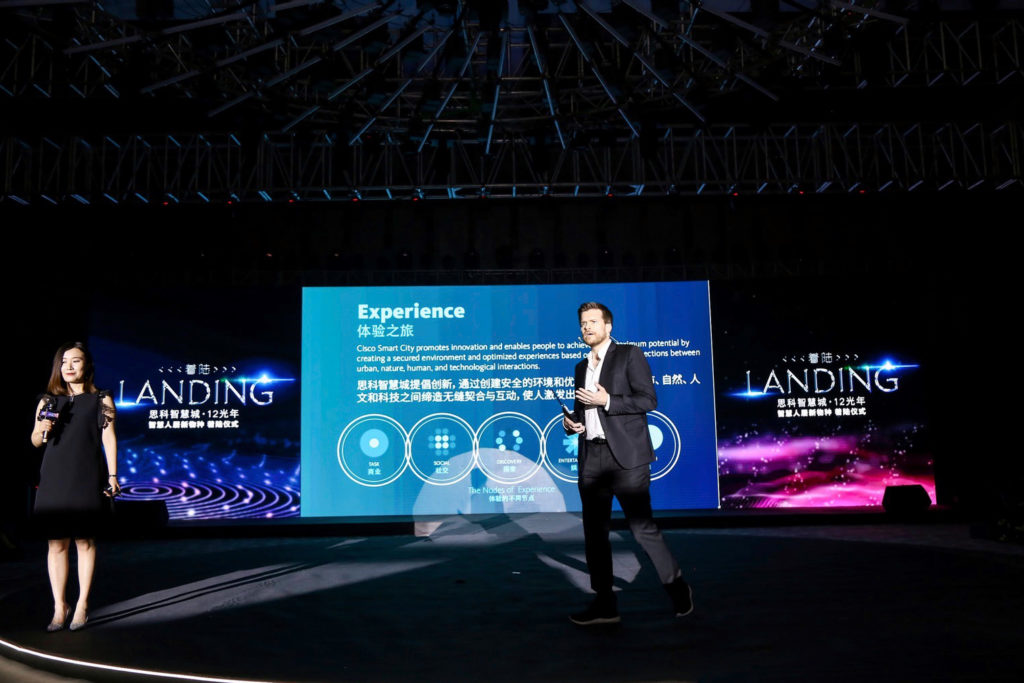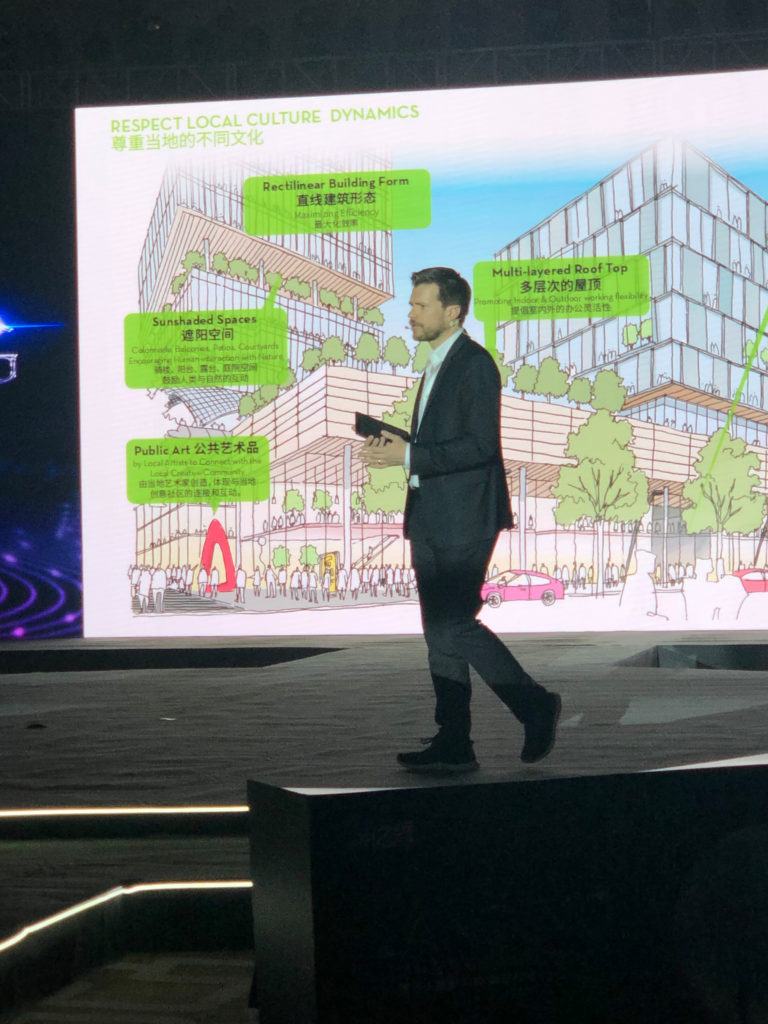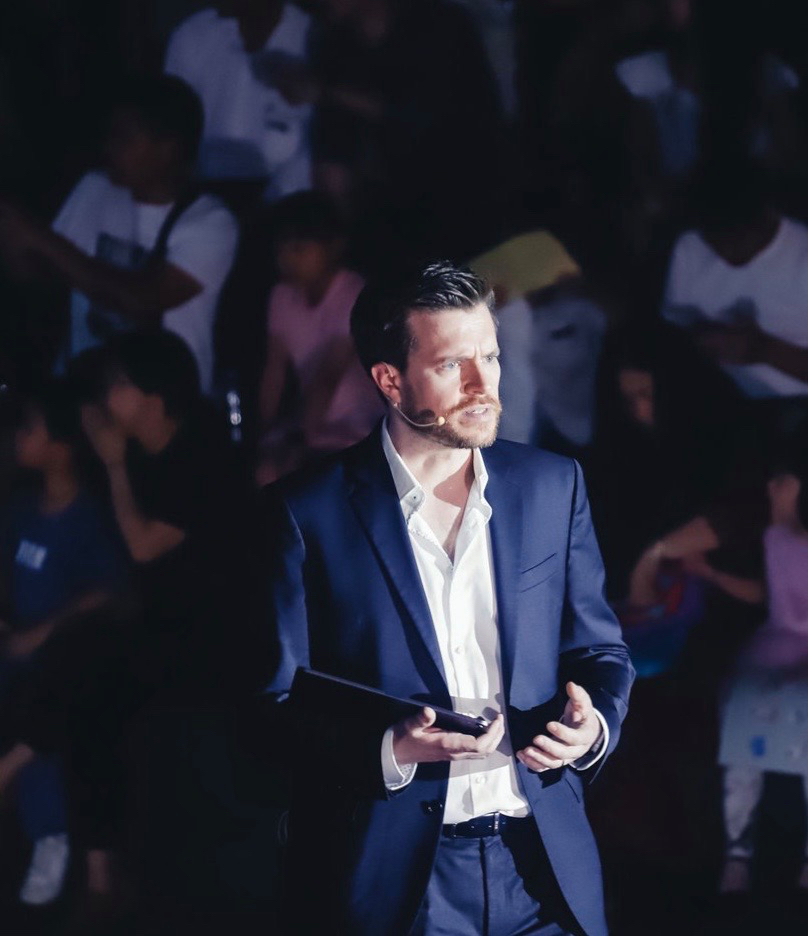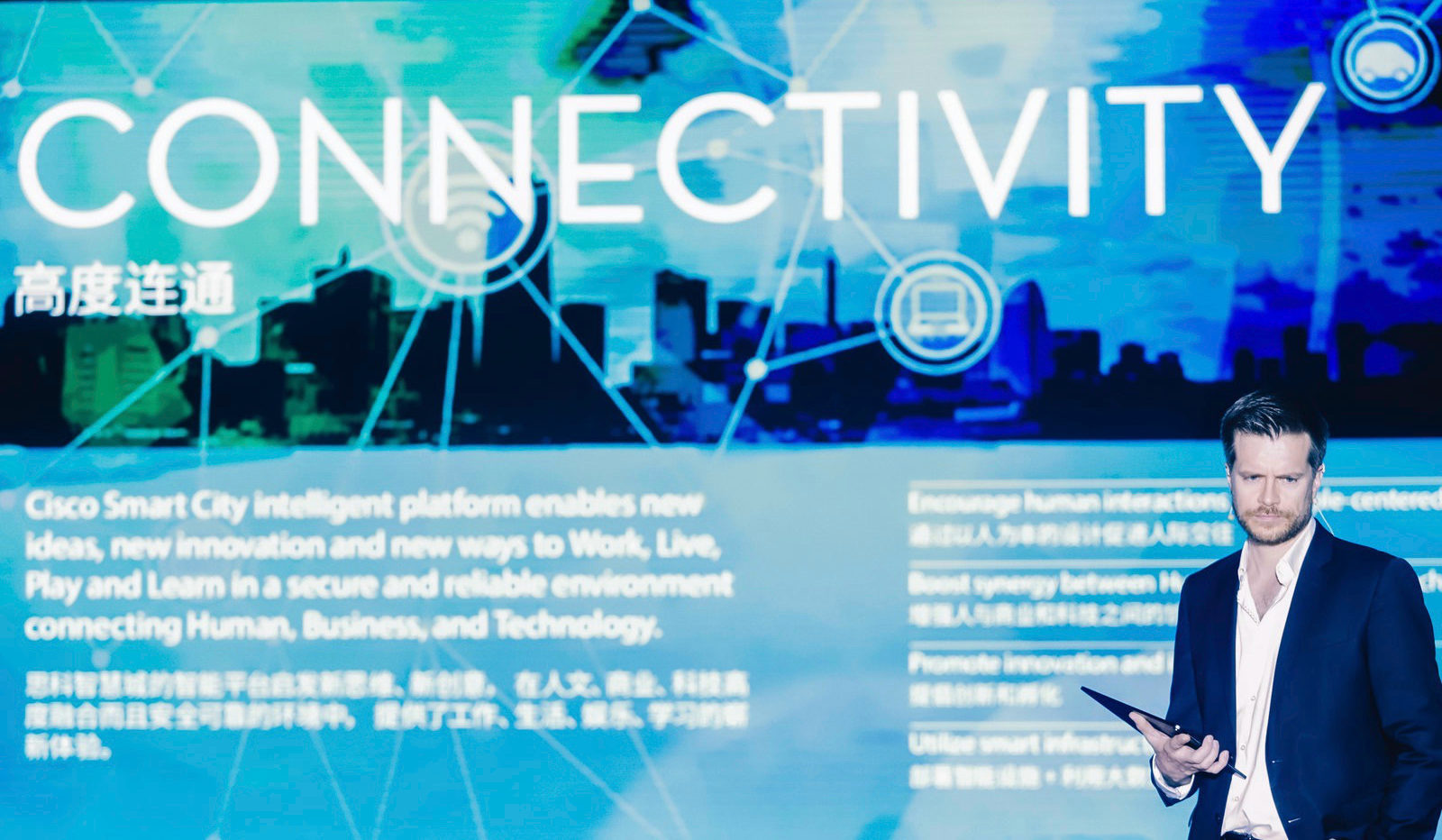Smart cities and their impact on our future way of life
By Henrik Wings
Towards the end of last year, I had the opportunity to introduce one of Gensler’s projects – Cisco Smart City – and to speak about future trends that will affect the development of our urban fabric in the coming years. Globalization and rapid urbanization combined with demographic changes as well as technological progress and digitalization, has led to a wider paradigm shift that has changed the way we live, work and interact. The current Covid19 pandemic, has only intensified and accelerated these trends.

The way we experience, navigate and utilize our build environments is already fundamentally different from what it was just a decade ago. We can see that the patterns and drivers occur equally in most developed and developing countries. In China, however, with it’s breathtaking development over the past 30 years, it’s megacities and the high rate of urbanization, this is happening faster and on a much larger scale.

Part of China’s success in this regard is an integrated approach to municipalities, in which local development efforts are supported and complemented by regional and national initiatives. This offers a comprehensive strategy for urban development where modern infrastructure, excellent public transportation, business, human capital and cultural experiences are being developed holistically. To some extend, this can also be playbook for Western nations on how business, government and social policy at the national, regional and local levels can work together to create urban hubs that can foster and promote synergies to accelerate growth.
Overall digitalization and integration of technologies that can further improve connectivity, has already changed the way we experience, navigate and manage our built environment. In combination with big data, this offers great potential to establish widely connected urban environments that can promote innovation and incubations across all aspects of life.


The accelerated use and integration of new technologies within the urban fabric, such as artificial intelligence, autonomous driving vehicles, energy saving technologies in combination with the internet of things will create new opportunities and urban realities much earlier than anticipated. Furthermore these will be embedded in an intelligent and adaptable infrastructure framework that offers real-time analysis, machine learning combined with optimized energy-, water- and electricity consumption, as well as automatic pollution and waste management.

There are also potential challenges that will require adaptation of these technologies so that we can promote human-centric design and implementation that can truly benefit and serve our communities. In this context, data security, the use of decentralized systems and the guarantee of the individual rights of every citizen are essential in order to gain trust and acceptance among the general public.

